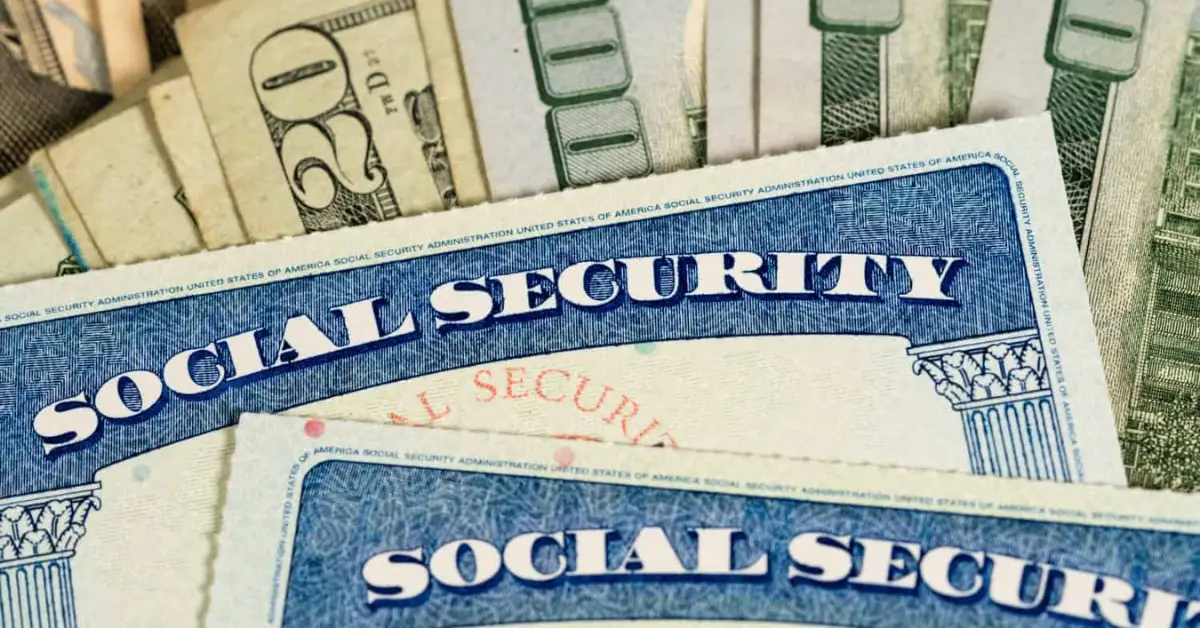WEP (Windfall Elimination Provision) and GPO (Government Pension Offset) are two federal rules that reduce Social Security benefits for certain retired public employees. These rules mostly affect workers who get pensions from non-Social Security-covered jobs, like teachers, police officers, and firefighters.
The WEP reduces the Social Security benefits of people who also receive a pension from a job that did not withhold Social Security taxes. The GPO, on the other hand, reduces spousal or survivor benefits if the person receives a government pension.
Why Are People Calling for Elimination?
Many public workers and lawmakers believe these rules are unfair. They argue that WEP and GPO punish people who worked hard in both public and private sectors. Several proposals have been introduced in Congress to fully eliminate WEP and GPO, including the popular Social Security Fairness Act. This bill has gained wide bipartisan support.
How Would Repealing These Rules Affect the Social Security System?
A recent analysis by the Congressional Budget Office (CBO) and Social Security Administration (SSA) shows that eliminating WEP and GPO could cost the Social Security system billions of dollars over the next decade. These extra payments would go to public retirees who were previously receiving reduced benefits.
Currently, the Social Security retirement trust fund is projected to run short by 2034. But if WEP and GPO are removed without other funding changes, the trust fund could run out of money even earlier.
The Financial Impact Explained
Eliminating WEP and GPO would increase payments to about 2 million retirees. According to the SSA, repealing both provisions would lead to an estimated $150 billion in additional costs over 10 years. This could cause the Social Security retirement fund to be depleted 1 to 2 years earlier than expected.
Once the trust fund runs dry, retirees would face automatic benefit cuts of around 20%, unless Congress steps in with a funding solution.
Political Debate Over the Issue
While many lawmakers agree the rules are unfair, others worry about the financial risk. Some have suggested reforms instead of full repeal. These could include:
- Adjusting the WEP formula instead of removing it
- Offering more generous benefits to low-income retirees
- Phasing in changes to reduce the financial shock
The future of these rules depends on whether Congress can find a balanced way to protect public retirees while also securing Social Security’s future.
What Happens Next?
The Social Security Fairness Act has been reintroduced several times in recent years, but it has not yet passed. As more baby boomers retire and public awareness increases, pressure is growing on lawmakers to take action.
At the same time, financial experts and government officials continue to warn about the long-term solvency of Social Security. Any major change—such as eliminating WEP and GPO—must be weighed carefully against its impact on the overall retirement system.




